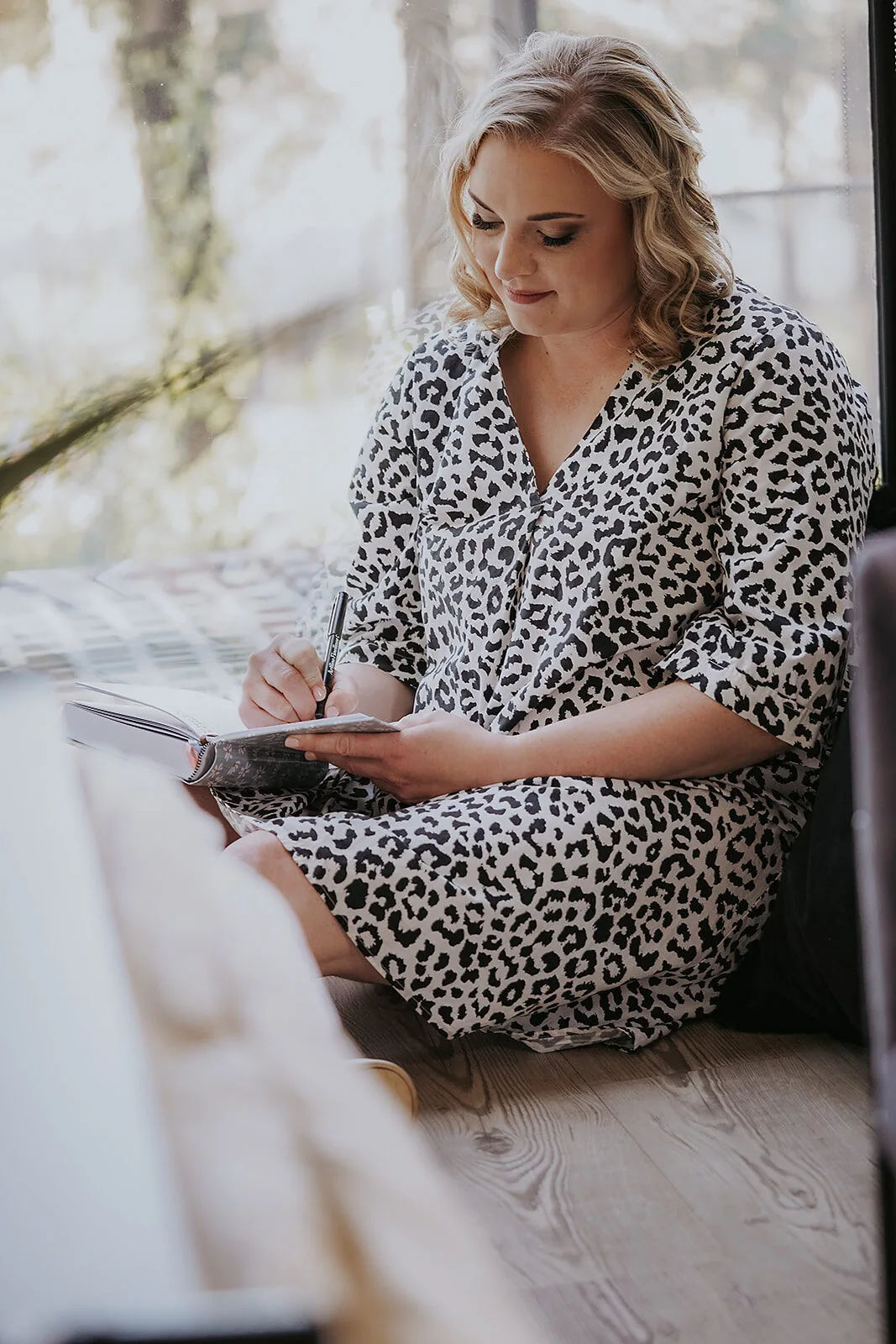You’ll build confidence by treating it like any other skill—through deliberate practice and preparation. Start with thorough preparation in areas where you need confidence, since competence naturally breeds self-assurance. Use physical techniques like standing tall and energetic body language, which directly influence your mental state. Replace “I’m nervous” with “I’m excited” to reframe anxiety positively. Apply the WOOP method: identify your Wish, visualise the Outcome, anticipate Obstacles, and create specific Plans. There’s much more to this systematic approach.
While most people assume confidence is something you’re either born with or without, the truth is far more enabling—confidence is a skill you can systematically build through proven strategies and consistent practice.
Your foundation starts with thorough preparation. When you deeply review materials, study agendas, and continuously acquire new skills, you’re building evidence-based competence. This isn’t about perfectionism—it’s about trusting your preparation enough to reduce anxiety and make clear decisions.
Confidence isn’t built on wishful thinking—it’s constructed through deliberate preparation that creates unshakeable evidence of your capabilities.
Each piece of knowledge you gain reinforces your self-efficacy and creates genuine readiness for challenges.
Physical actions directly influence your mental state more than you might realise. Stand tall, use energetic body language, and align your posture consciously. Regular exercise enhances both energy and self-perception, whilst breathwork naturally raises noradrenaline levels. These aren’t feel-good suggestions—they’re biochemical tools that synchronise your physical and mental states for peak performance.
Your inner dialogue needs immediate attention. Replace anxiety-inducing words like “nervous” with “excited”—your brain responds to these linguistic shifts. Use third-person self-talk for emotionally detached reflection, and consciously control negative inner chatter with inspiring affirmations. This isn’t new-age thinking; it’s reprogramming your mental software with proven psychological techniques.
Implement the WOOP method for structured confidence building: identify your Wish, visualise the Outcome, anticipate Obstacles, and create specific Plans. Mental contrasting between your goals and potential challenges prepares you for reality whilst maintaining optimism. Develop contingency plans for setbacks—resilience comes from repeated exposure to difficulties, not avoidance. Create If-Then plans to prepare for inevitable setbacks and maintain focus during challenging moments. Documenting your aspirations and progress through structured goal tracking creates accountability and reinforces your commitment to personal growth. Professional educators understand that effective digital organisation can significantly reduce stress whilst enhancing efficiency and confidence in their teaching abilities.
Small, consistent actions compound into significant confidence gains. Perform daily acts of kindness to reinforce your benevolent identity. Share knowledge with others to strengthen your own comprehension. These generous behaviours enhance your self-perception and create positive feedback loops.
Build meaningful social connections through positive conversations and collaborative activities. Seek constructive feedback from trusted peers and establish support networks for accountability. Social confidence strengthens through practice, not isolation.
Address self-limiting behaviours head-on by identifying specific patterns that sabotage your progress. Reframe physiological anxiety as anticipatory excitement—your body’s preparation for peak performance, not a signal of inadequacy. Practise high-power postures like standing tall with arms raised to naturally boost your feelings of presence and capability. Incorporating daily gratitude prompts into your routine can shift your focus from self-doubt to recognising your achievements and positive experiences. Using monthly reflection practices helps you celebrate achievements and extract valuable lessons from your experiences.
Create structured routines that make confidence reproducible. Strengthen positive memories through mental repetition and facilitate regular visualisation of success scenarios. These evidence-based strategies change confidence from an unpredictable emotion into a reliable skill you can access consistently. Research shows that confident individuals are more likely to pursue opportunities that lead to career advancement and increased earnings potential. Transform the way you approach challenges by focussing on creative action and building mindful planning habits that prepare you for both daily responsibilities and long-term aspirations.
The key isn’t eliminating self-doubt entirely—it’s building confidence faster than doubt can undermine it.
Frequently Asked Questions
How Long Does It Typically Take to Build Lasting Confidence?
Building lasting confidence typically takes 10-12 weeks of consistent daily practice. You’ll notice initial improvements within 2-3 weeks, but true automaticity requires ongoing reinforcement beyond the initial formation period for lasting results.
Can Medication Help With Severe Self-Doubt and Confidence Issues?
Medication can help manage underlying anxiety and depression that fuel severe self-doubt, but you’ll need therapy alongside it. Antidepressants address symptoms, whilst counselling builds lasting confidence skills.
What Role Does Body Language Play in Feeling More Confident?
Your body language directly influences your confidence through physiological changes. Maintaining upright posture, making appropriate eye contact, and using open gestures triggers hormonal shifts that enhance self-assurance and strengthen your belief in your capabilities.
How Do I Maintain Confidence After Experiencing a Major Failure?
You’ll rebuild confidence by reframing failure as significant data, not identity-defining events. Focus on controllable factors, pursue immediate small wins, and engage skill-building activities. Seek constructive feedback whilst maintaining compassionate self-talk throughout recovery.
Is It Normal to Feel Confident in Some Areas but Not Others?
Yes, you’ll naturally feel more confident in areas where you’ve developed skills and experience. Your brain strengthens connections through practice, making familiar tasks feel easier whilst new challenges trigger uncertainty and self-doubt.





